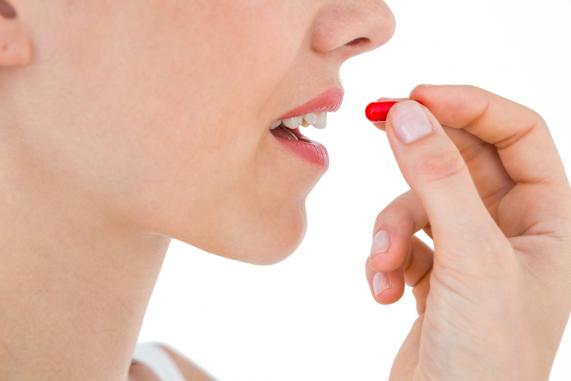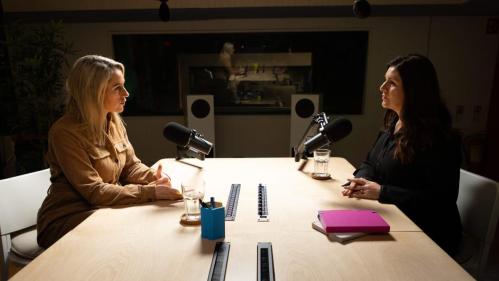
Iron is a commonly recommended supplement during pregnancy. In fact, most women will take some form of iron throughout their pregnancy, be it in a pre-natal multivitamin or stronger individual iron supplements.
But recently, opinions are changing about both the necessity and safety of iron supplements during pregnancy. Could we be doing more harm than good by encouraging our pregnant women to take additional iron?
What is iron?
Iron is a vital nutrient. It carries oxygen in the blood and provides necessary fuel for all bodily functions. It is found, in abundance, in many foods including meat, dairy and fortified cereals.
But recently, iron levels in excess have been linked to a number of conditions such as neurological and autoimmune conditions. After all, we must remember that iron is a metal, and if we have excessive iron levels it becomes toxic to us, creating oxidative stress, cell breakdown and disease. Could we have to much of a good thing?
What about pregnancy anaemia?
A common concern for pregnant women is seeing their blood iron levels drop in the later stages of pregnancy, at which point their midwife will diagnose anaemia and recommend iron supplementation. However, world-renowned obstetrician, Dr. Michel Odent, comments that blood haemoglobin is actually meant to drop into the 8.5-9.5 level during the second half of pregnancy, as a mechanism for maintaining efficient blood flow through the placenta. Here, the blood volume increases, yet the haemoglobin remains at a good level. And this is backed by large studies showing best possible birth outcomes when blood haemoglobin was at this reduced level (‘Relation Between Maternal Hemoglobin Level and Birth Weight’ - Steer P et al, BMJ 1995).
Misinterpreting blood tests has meant more and more women are diagnosed with anaemia who actually just have naturally larger blood volume as expected for this stage of pregnancy.

Is there evidence that iron can be harmful?
Unfortunately, yes: the University of Turin found that women who take iron during mid-pregnancy have higher rates of gestational diabetes, hypertension and metabolic syndrome, and concluded that iron supplementation was questionable during pregnancy.
Iron overload is a factor in a number of degenerative and chronic diseases. Worryingly, a group of scientists from the Florey Institute of Neuroscience in Australia, led by Dr Dominic Hare, discovered a link between high iron intake in the first three years of life and Parkinson’s Disease.
Could iron, being stored in excess in the body’s tissues, be creating a damaging and toxic environment for the cells? It is certainly a question worth investigating carefully when we are considering iron supplementation for our pregnant mums.
My recommendation for optimal iron during pregnancy is to increase Vitamin C-rich foods to help iron absorption, and to get your iron from a good diet of nutrient dense foods such as meat, dairy, organic liver once a week, and the age-old blood tonic, nettle tea.
Fiona O’Farrell is an acupuncturist and natural health therapist running a vibrant clinic in Greystones. Co. Wicklow. For more information see www.fionaofarrellacupuncture.com or www.facebook.com/fionaofarrellacupuncture.








